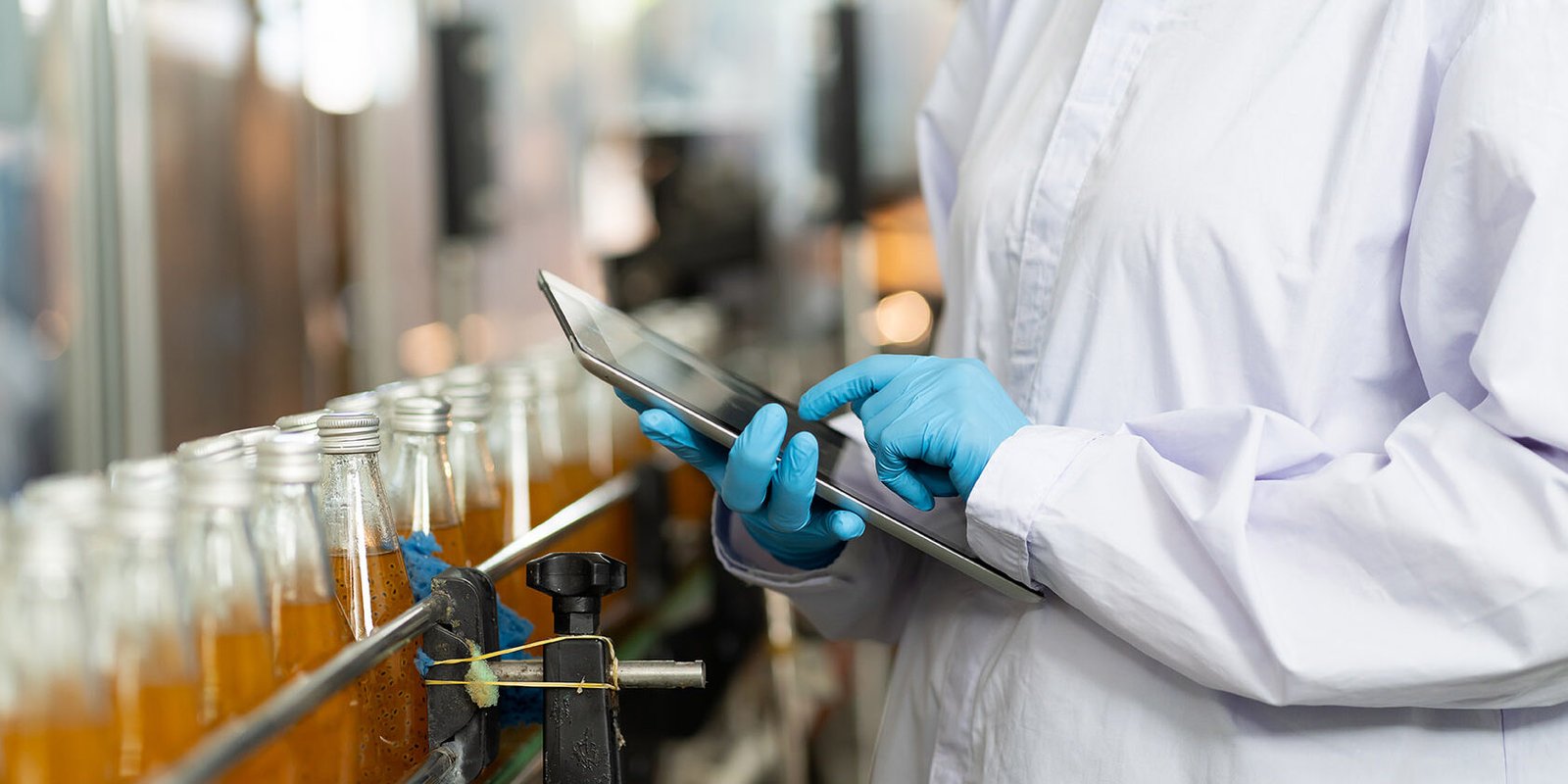In today’s rapidly evolving food industry, ensuring safety and quality in food production is paramount. According to the World Health Organization (WHO), unsafe food is a threat to public health and economies worldwide, with millions of people affected by foodborne illnesses annually.
“Did you know that the WHO estimates that 600 million people fall ill and 420,000 die every year due to contaminated food?”
“Harnessing Technology for Quality Assurance” underscores the pivotal role of technological advancements in modern food production. With innovative solutions such as blockchain, Internet of Things (IoT) sensors, and data analytics, companies can revolutionize their quality assurance processes.
“Blockchain technology, for instance, enables transparent and immutable record-keeping of food supply chains, enhancing traceability and accountability.”
IoT sensors embedded in production facilities can monitor critical parameters such as temperature, humidity, and hygiene levels in real time. This continuous monitoring helps detect deviations and potential hazards early, allowing for swift corrective actions to maintain safety standards.
“Data analytics tools analyze vast amounts of production data to identify trends, patterns, and potential risks, empowering proactive decision-making.”
Moreover, digital solutions streamline documentation processes, automate quality checks, and facilitate regulatory compliance. By digitizing quality assurance workflows, companies can improve efficiency, reduce manual errors, and ensure consistency in product quality.
“According to a study by McKinsey, digitizing quality assurance processes can lead to a 30% reduction in defects and a 50% decrease in compliance-related costs.”
Collaboration between food technologists, engineers, and IT specialists is essential to leverage technology effectively for quality assurance. Training programs and continuous education on emerging technologies ensure that personnel are equipped to harness the full potential of digital tools.
“Technology is not a replacement for human expertise but a powerful ally in our quest for safer and higher-quality food products.”
By embracing technology-driven quality assurance, food producers can build trust with consumers, meet regulatory requirements, and contribute to a healthier and safer food supply chain. Harnessing innovation ensures that every step in food production is a step towards excellence and safety.





